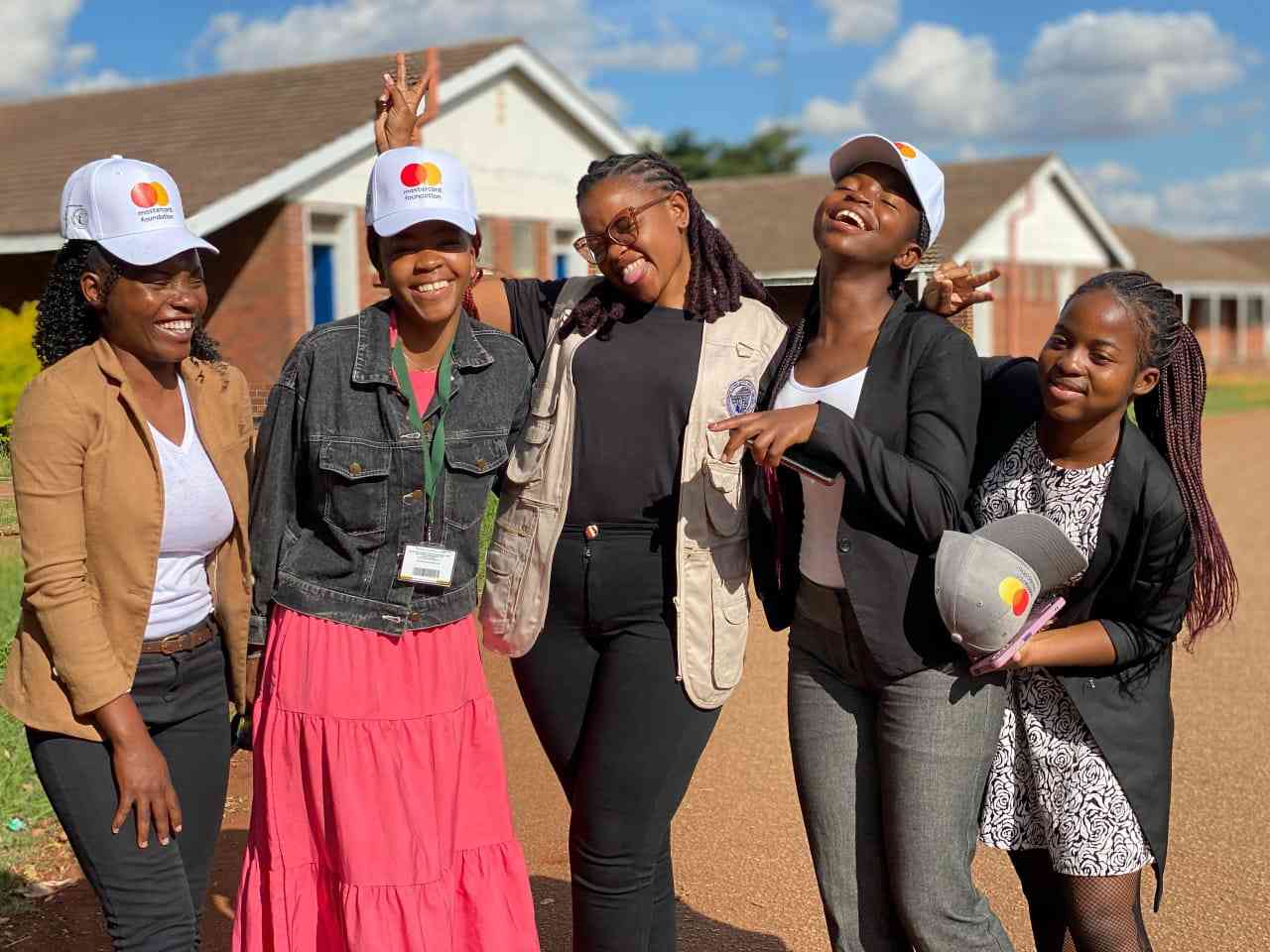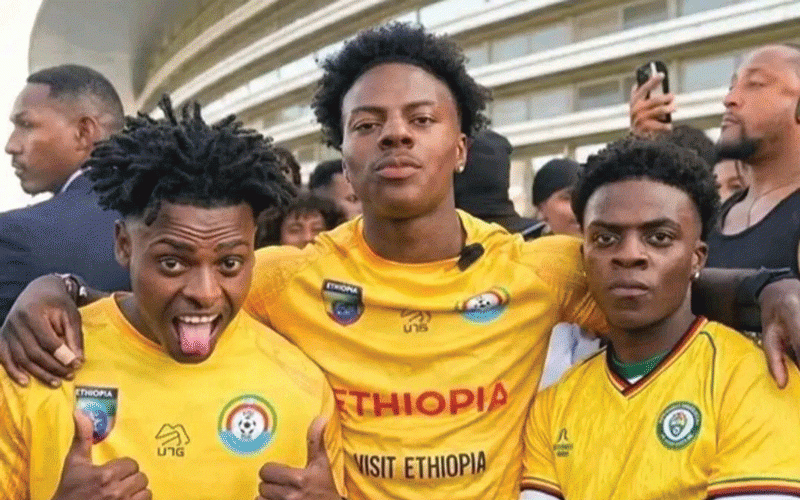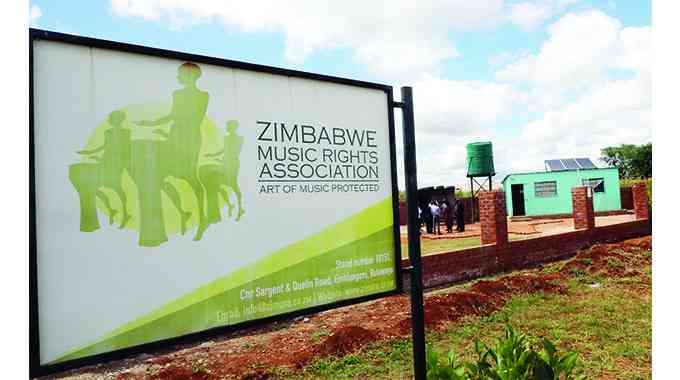
In November last year, the Forum for African Women Educationalists Zimbabwe (Fawezi) announced a ground-breaking partnership that is set to be implemented with support from the Forum for African Women Educationalists Regional Secretariat through the Mastercard Foundation.
The seven-year initiative is being implemented across 10 African countries, including Zimbabwe and aims to support 134 400 marginalised youth (80% female, 20% male) to access and succeed in tertiary education.
The newly launched strategic plan is titled Second Chance Pathways for Increased Access to Tertiary Education for Marginalised Young Women and Men / FAWE-Mastercard Foundation Phase II Programme. It targets youth from disadvantaged, climate-affected and conflict-prone communities and those living with disabilities.
According to an official statement, it provides a holistic package of support that integrates “academic education, vocational training, mentorship, and employability skills, to facilitate transitions into higher education, dignified employment, or self-employment.”
The programme was officially unveiled during this year's commemorations of International Girls in ICT Day, hosted at Belvedere Technical Teachers' College in Harare on April 24. This year's theme was Girls in ICT for Inclusive Digital Transformation.
In attendance were officials from the Tertiary Education Service Council (TESC), ICT professionals and experts, lecturers, and students studying computer science, IT and textile technology.
Students began by sharing their workshop expectations, ranging from seeking information about ICT industry attachments to networking opportunities, inspiration and career guidance.
Johnasi Steward, the teacher education officer in the human capital planning and skills department at the Tertiary Education Service Council (TESC), encouraged female students studying at local institutions to take part in ICT day celebrations so as to be inspired to invest in boundless opportunities that ICT presents.
- Thousands of marginalised learners benefit from bursary
- Fawezi unveils empowerment programme for vulnerable students
Keep Reading
“We commend the impactful programmes being implemented in partnership with tertiary institutions which are opening doors for girls to access, participate in, and lead in the digital space. These initiatives are not just equipping young women with technical skills but transforming communities and shaping a more inclusive digitally empowered Zimbabwe,” he said.
According to the International Telecommunication Union, women are 17% less likely to use the internet compared to men. In low and middle-income countries, only one in four tech jobs is held by a woman.
As part of the activities, Fawezi facilitated a student-led panel discussion on the challenges and opportunities in ICT for girls. Discussion points included inclusivity in technology, equal opportunities during attachments, and social barriers within families, schools, and other settings that deny the active participation of young girls.
ICT expert Tofara Chokera, CEO and founder of Tofara Online Trust, led a plenary session where she shared her inspiring career journey in ICT. She offered practical advice on how students can position themselves for global opportunities in the technology industry and emphasised the importance of maintaining a positive online presence and clean digital footprint on social media.
Munoshamisa Duma, a first-year computer science student, received a full scholarship to enrol in a US$400 Artificial Intelligence in Digital Marketing Course, courtesy of Tofara Online Trust, in recognition of her active participation. “We are confident that this opportunity will not only enhance her knowledge but also improve her chances of securing employment or launching her own digital project,” Chokera told Standard Style
“I am so honoured and extremely happy,” Duma shared during an interview. “I aim to do well and not put this opportunity to waste.”
Fawezi is a membership-based organisation that launched in 1998. Its strategic areas of work include comprehensive sexuality education for girls in and out of school, science technology, engineering, and mathematics.











